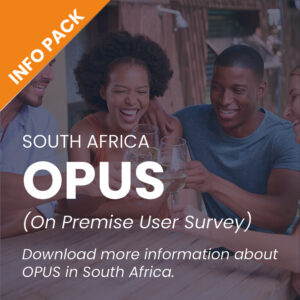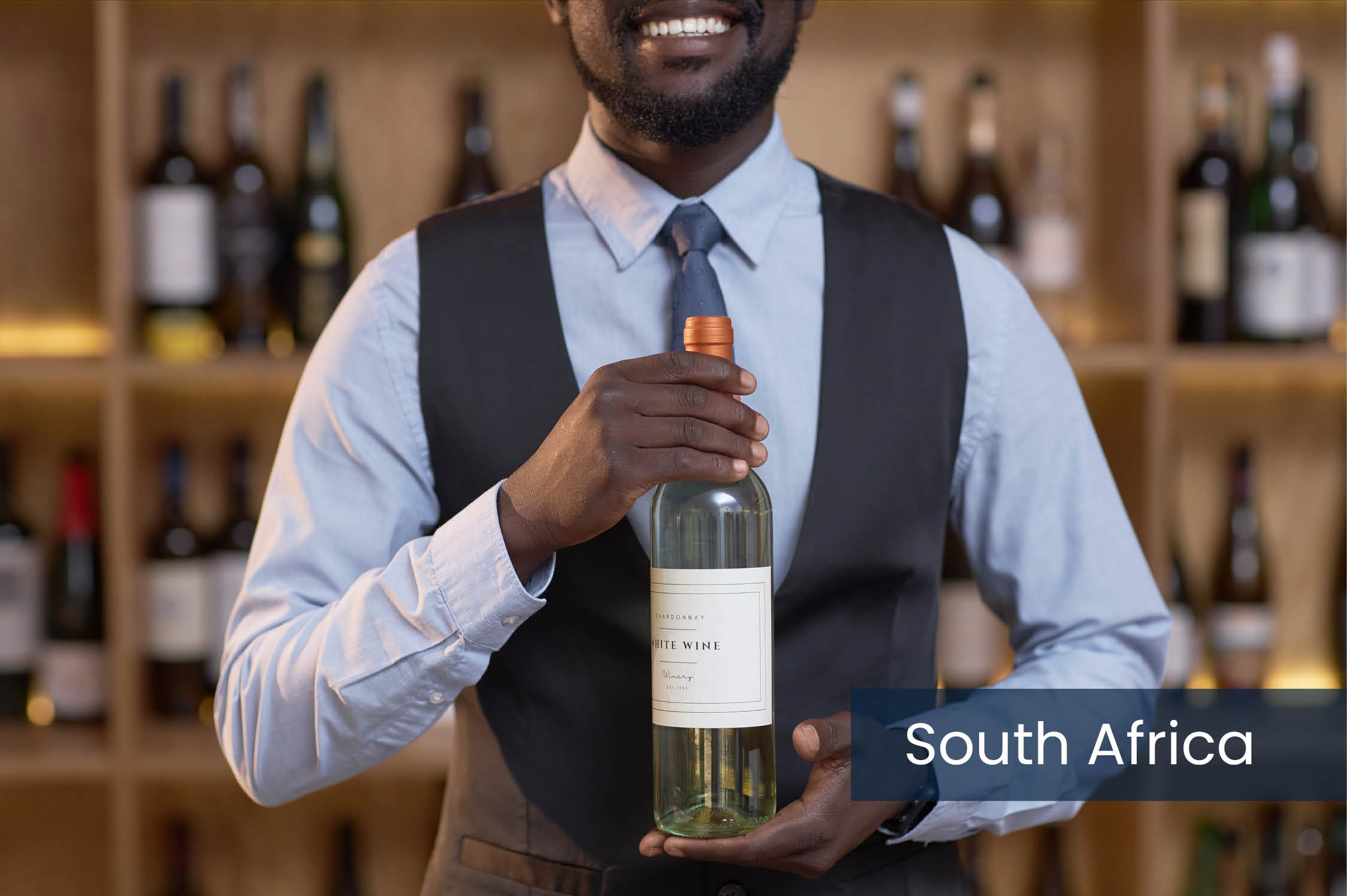
Ordering a large-format bottle of spirits or wine to the table or booth has long been common in high-end nightclubs, bars and lounges in South Africa’s big cities. Bottle service in South Africa spans two distinct consumption trends: the more common practice of ordering a bottle of wine to share over lunch or dinner, and the high-energy, premium experience of ordering spirits in a nightclub booth. While the former is already well established in food-led venues, the latter presents a valuable opportunity for growth in late-night and celebratory settings.
Why bottle service meets patrons’ needs in night venues
Bottle service can boost people’s spending and perceptions. Venues that fall within the late-night segment tend to come with a minimum-spend policy when it comes to booking a booth, and the ability to order bottles can help guests meet or exceed this level. It also delivers a personal and exclusive experience, especially when fulfilled by a designated server to exclusive seats—a feature that is increasingly popular in late-night outlets.
By cutting waiting times, bottle services add further to people’s sense of luxury. Patrons who enjoy these premium experiences are more likely to trade up to high-price brands, more inclined to make return visits, and more willing to recommend venues to others.
The size of the prize
Encouraging, South Africa’s On Premise guests are already very familiar with bottle service. CGA by NIQ’s On Premise User Survey (OPUS) reveals that two thirds (67%) have already tried it at least once, and more than one in four (28%) order whole bottles frequently in bars, restaurants or similar venues. This number rises 7 percentage points to 35% among millennials, who are particularly valuable targets because they typically have greater purchasing power.
However, bottle sales are challenged by price rises in venues and a tightening of consumers’ disposable incomes. There has been a net decrease in purchases of 12 percentage points since 2023—though Gen Z have bucked the trend by increasing by 1 percentage points. These are the bottle-serve consumers of the future, and should be an essential part of supplier and operator strategies.
The who and the where of frequent consumers
In total, the 25-to-43 year-old demographic—made up of older Gen Zers and younger millennials—makes up two fifths of the cohort of consumers ordering bottles. They represent a lucrative consumer base, spending 8% more than the average consumer in the On Premise, and having a higher visitation frequency.
From a geographical point of view, Johannesburg and Cape Town enjoy the highest concentration of frequent bottle serves consumers, as close to three in five (59%) of them reside here.
Meeting the right need states
OPUS indicates that larger-format serves are much more relevant for social and celebratory events than solo consumption. Sharing with friends or family is the number one reason for ordering bottles over single serves, followed by celebrations. However, big tables of patrons aren’t necessarily the best targets. Around three quarters (76%) of consumers ordering bottles are in groups of two to four people, and larger groups of five to eight account for only 13%.
Price and convenience are among other key sales drivers that operators and drink suppliers should highlight to consumers. Convenience is the third most common reason for a purchase, and two in five (40%) say price can encourage them to order by the bottle.
Yana Pishchikova CGA by NIQ Client Manager said: “Bottle service can be a great way to generate trade-ups, improve guest satisfaction and ultimately grow sales in South Africa. However, achieving it is easier said than done, and suppliers and venues need to understand exactly who is ordering in larger formats and why. Our research shows promotional activities need to focus not just on high-tempo, celebratory occasions but on intimate and special visits. With price an important factor too, venues need to find the right balance of quality and value to succeed in this high-margin but competitive part of the On Premise landscape.”
Accessible via a package of core outputs and custom projects, and a proprietary self-serve platform, OPUS is the single source of understanding what consumers are doing in the On Premise and why. To learn more about CGA’s consumer research across South Africa, download more information here, or contact the team here.



